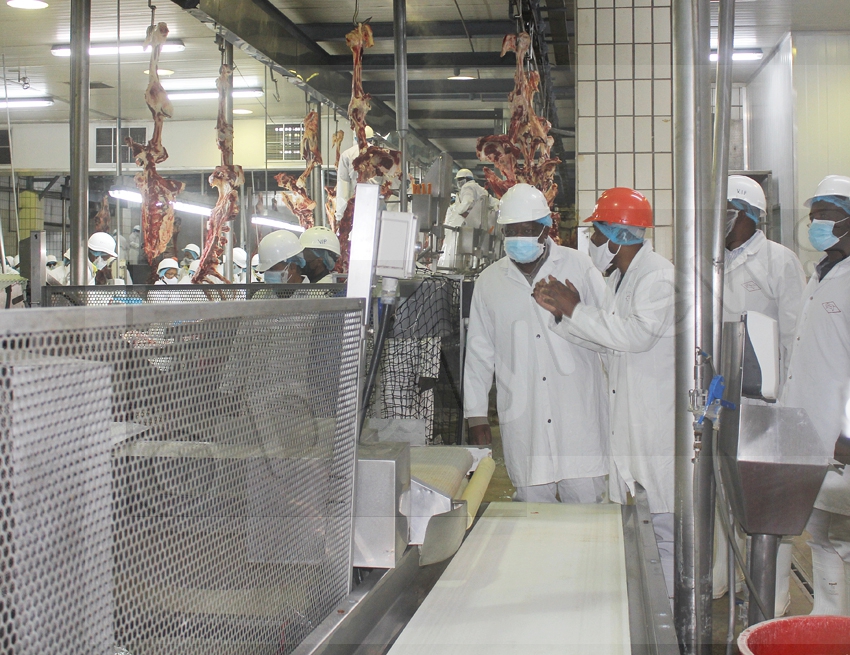Remediation programme to reach primary schools
17 Aug 2021
Government will, resources permitting, roll out the National Remediation and Enrichment Programme to all primary schools, Minister of Basic Education, Mr Fidelis Molao, has said.
Answering a parliamentary question on Monday, Mr Molao said development of the programme was prompted by the Education and Training Sector Strategic Plan (ETSSP) to guide effective assessment of learners and their progression.
“This programme is due to be completed by March 2022 following which it will be rolled out to all primary schools, resources permitting,” Minister Molao said.
The minister also told Parliament that government first introduced the automatic promotion system in public primary schools in 1968 to promote access to primary education at a time of fewer schools.
He indicated that the automatic promotion policy was evaluated as part of the National Commission on Education in 1993 during the Commissions’ consultations with the public.
Subsequently, he said it was revealed that automatic promotion may lower educational standards in primary schools, erode the incentive to learn and teach, ignore differences in children‘s intellectual development and not improve pupils’ chances of success at the next level.
“My ministry is implementing the Revised National Policy on Education in 1994 (RNPE) which allows for the repetition of up to 12.5 per cent of primary school learners. The recommendation also limits the number of standards a learner can repeat to three and provides for accelerated progression of gifted learners.
It should be noted that whilst this policy is in place only about 4.15 per cent of learners repeat on average annually and most in lower classes of Standard One and Two as learners struggle with learning the basics of reading and writing,” he said.
He added that the Standard Four Attainment Test helps edo identify learners who may not be ready to progress to upper classes and such learners were remediated and progressed, whilst struggling ones repeated.
“The average percentage of learners who are so repeated is 0.6 per cent. Repetition of learners requires the consent of parents and is limited by available classroom space.
The introduction of repetition at primary level was supported with the provision of remedial teachers at senior teacher level, as well as the continuous assessment of learners.”
Again, he said the primary school teacher’s cadre had also been upskilled to a minimum of Diploma level and a pre-primary programme introduced to improve learner readiness for Standard One, adding subsequently the performance of learners at PSLE had improved over the years.
He also indicated that most learners progressed with their cohort having been supported through remediation at school level.
Okavango MP, Mr Kenny Kapinga, had asked the minister to state the year in which government introduced the system of automatic promotion in public primary schools under which every learner proceeded to the next higher class irrespective of their grades.
Mr Kapinga also wanted to know when the automatic promotion was evaluated and key findings.
He also wanted to know how the findings of the evaluation were used to improve the quality and standards of primary schools education. ENDS
Source : BOPA
Author : BOPA
Location : GABORONE
Event : Parliament
Date : 17 Aug 2021



